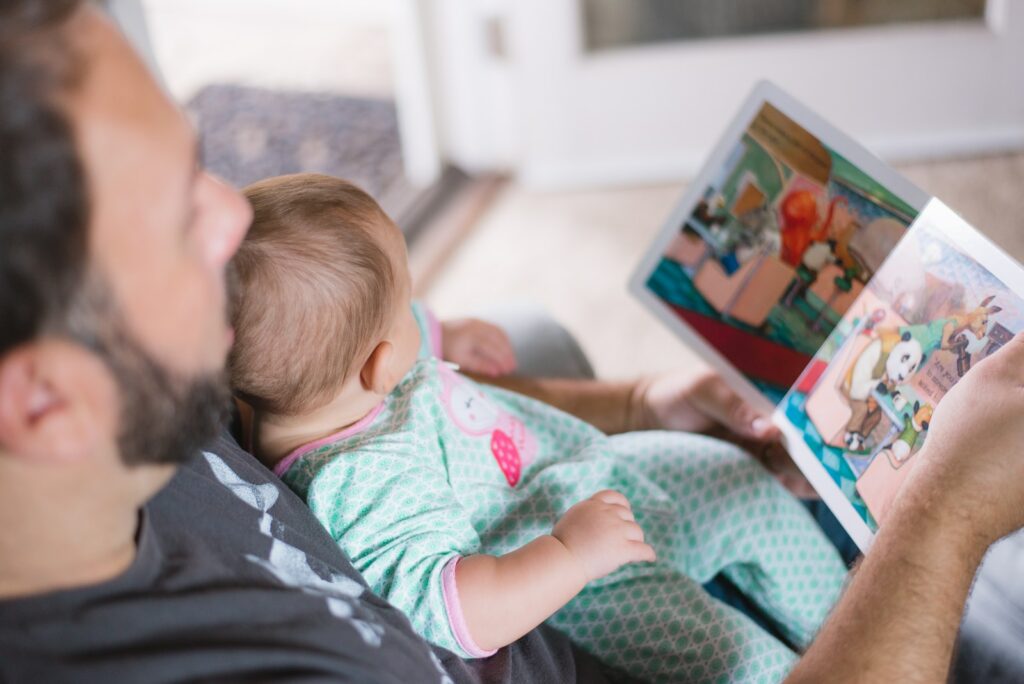Explore More
Co-Parenting Success: How to Raise Children Without Drama After Divorce
What are the secrets to drama-free co-parenting after divorce? Discover what is the best way forward to raise happy, well-adjusted kids.

You’re navigating the choppy waters of divorce, but you’re not alone. It’s vital to your child’s wellbeing that you ace co-parenting. What are the tools to communicate effectively, create consistency between homes, manage conflict and foster a positive post-divorce environment? What is the best way forward to raise happy, well-adjusted kids?
Key Takeaways
- Familiarize yourself with laws related to child custody, visitation rights, and child support.
- Maintain open lines of communication with your ex-spouse.
- Develop flexible schedules that can adapt to changing circumstances.
- Create a space where your child feels loved and secure.

Understanding the Basics of Co-Parenting After Divorce
You’ve got to grasp the concept of co-parenting after divorce, a journey filled with its fair share of bumps and turns. It’s a path that requires a significant amount of divorce adjustment. This isn’t just an emotional process, but also a legal one, filled with its own set of challenges and obligations.
Understanding the legal implications of your divorce is a major part of successful co-parenting. You’ll need to familiarize yourself with laws related to child custody, visitation rights, and child support. It’s also important to know that these laws can vary by state and country, so you’d be wise to seek legal advice.
Your emotional adjustment to divorce is equally important. It’s a tough time, but you’ve got to remember that your feelings should not affect your ability to co-parent effectively. Focus on your children’s needs and well-being. Maintain open lines of communication with your ex-spouse, and work together to provide a stable and supportive environment for your children.
In essence, co-parenting after divorce necessitates a delicate balance between legal obligations, emotional adjustment, and your kids’ well-being. It’s a challenging task, but with the right approach, you can undoubtedly make it work.
Effective communication for co-parenting
There are five key communication strategies you’ll need to master to make co-parenting a smooth process. The first strategy involves emotional intelligence. It’s crucial to understand and manage your own emotions when communicating with your ex-spouse. This will help prevent your personal feelings from undermining the co-parenting relationship.
Secondly, you should maintain parental boundaries. While you and your ex-spouse are no longer a couple, you’re still a team when it comes to raising your child. It’s important to respect each other’s roles and responsibilities.
Thirdly, communicate directly with your co-parent instead of using your child as a messenger. This reduces the risk of miscommunication and keeps your child out of potential conflicts.
Fourthly, keep your conversations child-focused. You’re not required to discuss your personal life unless it directly impacts your child.
Lastly, use clear, concise language to avoid misunderstandings. If there are disputes, strive to resolve them calmly or consider getting a mediator involved.
Mastering these strategies will take time and practice, but they’re essential for ensuring a successful co-parenting relationship after divorce. Remember, your ultimate goal is to provide a stable, loving environment for your child.
Creating a consistent routine in both homes
How can you develop a consistent routine for your children in two homes, and what steps should you take to ensure its success? First, it’s crucial to understand the importance of shared responsibilities. Both you and your ex should participate in maintaining a stable environment for your children. This means aligning rules, expectations, and schedules across both homes to the best of your abilities. You’re both responsible for your children’s well-being, and that includes consistency in their daily lives.
Developing flexible schedules is another key step. Remember, it’s not about strict rigidity, but rather, creating a routine that can adapt to changing circumstances while still providing stability. This might mean adjusting pick-up and drop-off times or being understanding about changes in the other parent’s schedule.
Finally, involve your children in the process. Ask them about their preferences and take their opinions into consideration. This can help them feel more comfortable and less stressed about the changes.
Creating a consistent routine in two homes isn’t an easy task. It requires open communication, a willingness to compromise, and plenty of patience. But the end result—a happier, more secure child—makes it all worthwhile.
Managing conflict to reducing drama in co-parenting
When it comes to co-parenting, one of your top concerns should be mastering five key strategies to manage conflicts and reduce drama. Understanding conflict resolution techniques and implementing drama avoidance tactics can make a significant difference.
Firstly, establish clear communication. That’s the bedrock of any healthy relationship. Keep your conversations focused on your child’s well-being, not personal issues.
Secondly, practice active listening. Hear out your ex-spouse’s concerns without interruption, and make sure they do the same for you.
Thirdly, it’s crucial to stay flexible. You can’t control everything, and it’s important to be able to adjust to changes in schedules or plans.
Fourthly, consider seeking professional help if needed. Mediators can provide an unbiased perspective and help you navigate tricky situations.
Lastly, make a commitment to keep your emotions in check. It’s normal to feel angry or upset, but don’t let these feelings dictate your actions. Instead, respond thoughtfully and calmly.
Building a positive environment for your child post-divorce
You’re not just co-parenting, you’re also shaping your child’s environment, and it’s crucial to make it as positive and supportive as possible following a divorce. The way you handle this transition can greatly affect the divorce impact on your child. It’s not about pretending everything is perfect, but about creating a space where your child feels loved and secure, despite the changes.
One of the most effective ways to foster a positive environment is through consistent parental support. Show interest in their activities, help with their homework, and make them feel valued. Encourage open communication, allowing them to share their feelings without fear of judgment or criticism.
Keep up routines as much as possible to provide a sense of stability. And remember, it’s okay to seek professional help if you’re struggling to manage the situation. Therapists can provide tools and strategies to help you and your child navigate this new reality.
Most importantly, refrain from bad-mouthing your ex in front of your child. It’s crucial to put your personal feelings aside for the sake of your child’s emotional well-being. This constructive attitude will pave the way for a healthier post-divorce environment.
The Bottom Line
Remember, successful co-parenting after divorce isn’t about you or your ex-spouse, but rather, it’s about ensuring your children’s happiness and stability. Keep lines of communication open, establish consistent routines, manage conflicts effectively, and foster a positive environment. It may be tough, but it’s absolutely worth it. Your children are counting on you to make this transition as smooth as possible. So, stay focused, stay positive and above all, stay committed to your children’s wellbeing.



